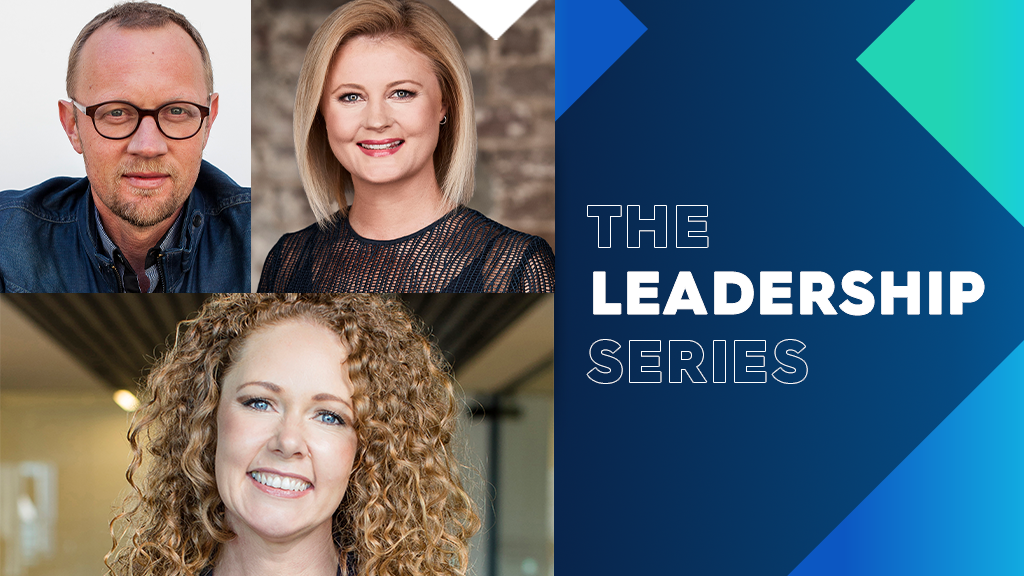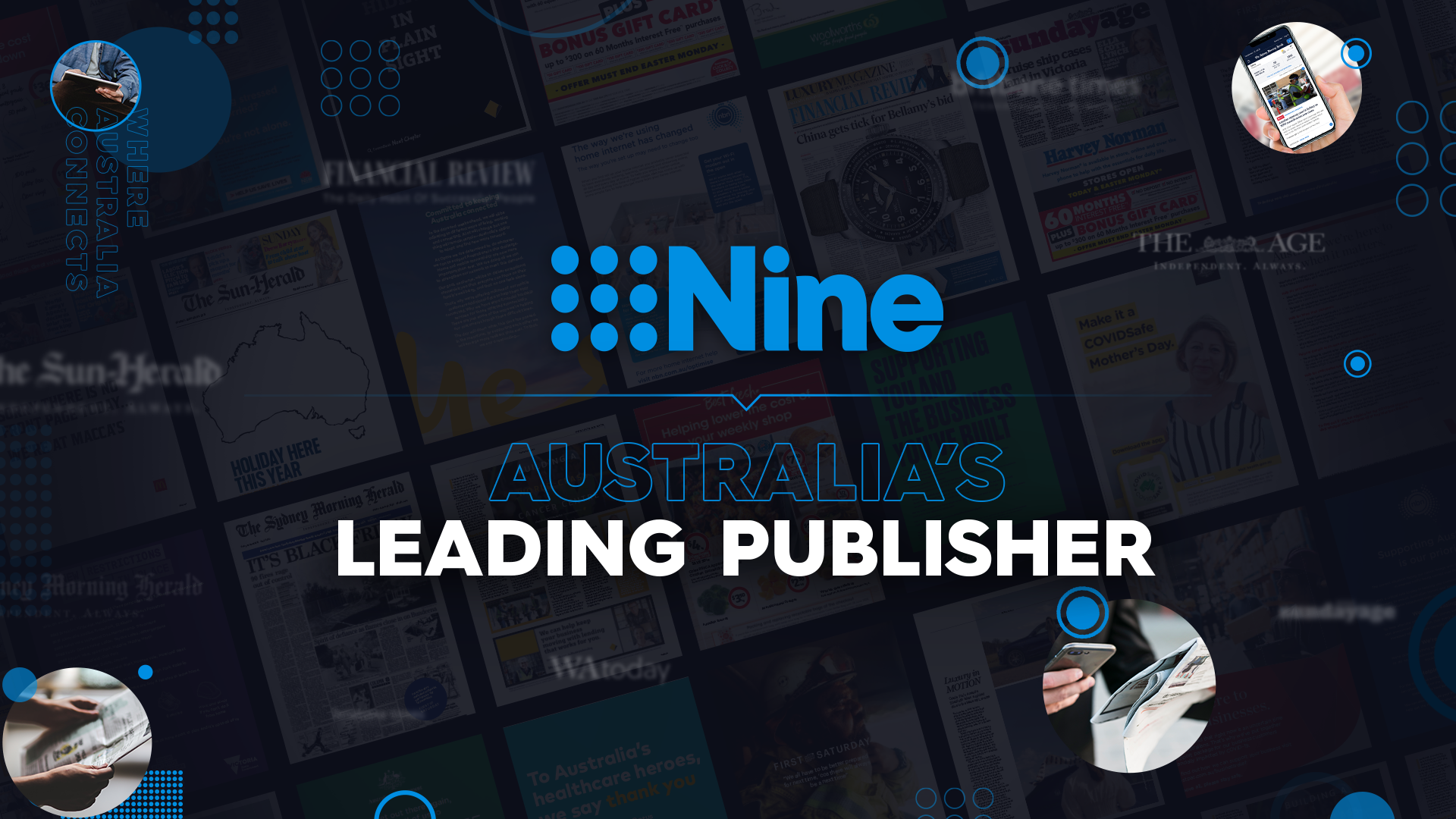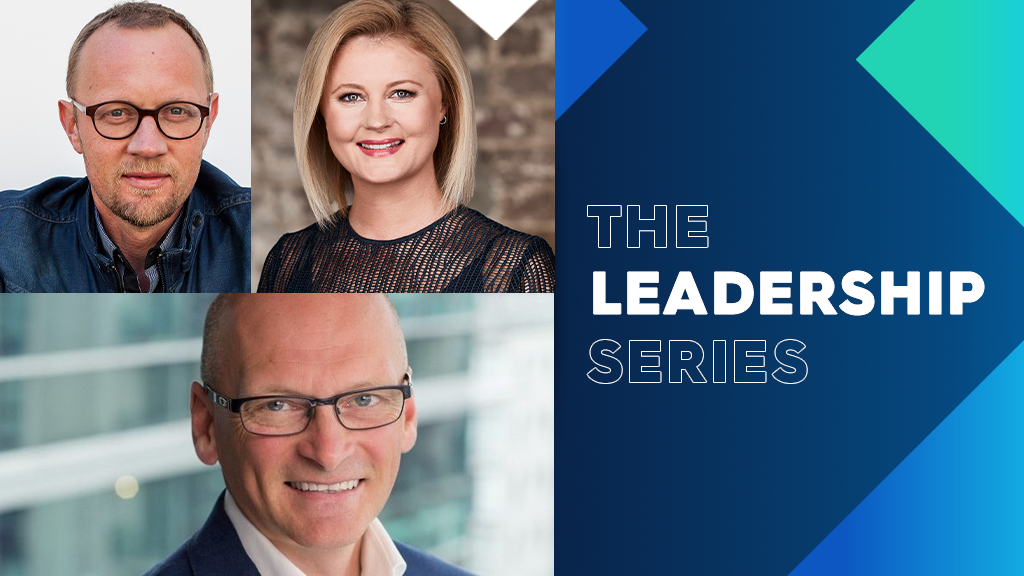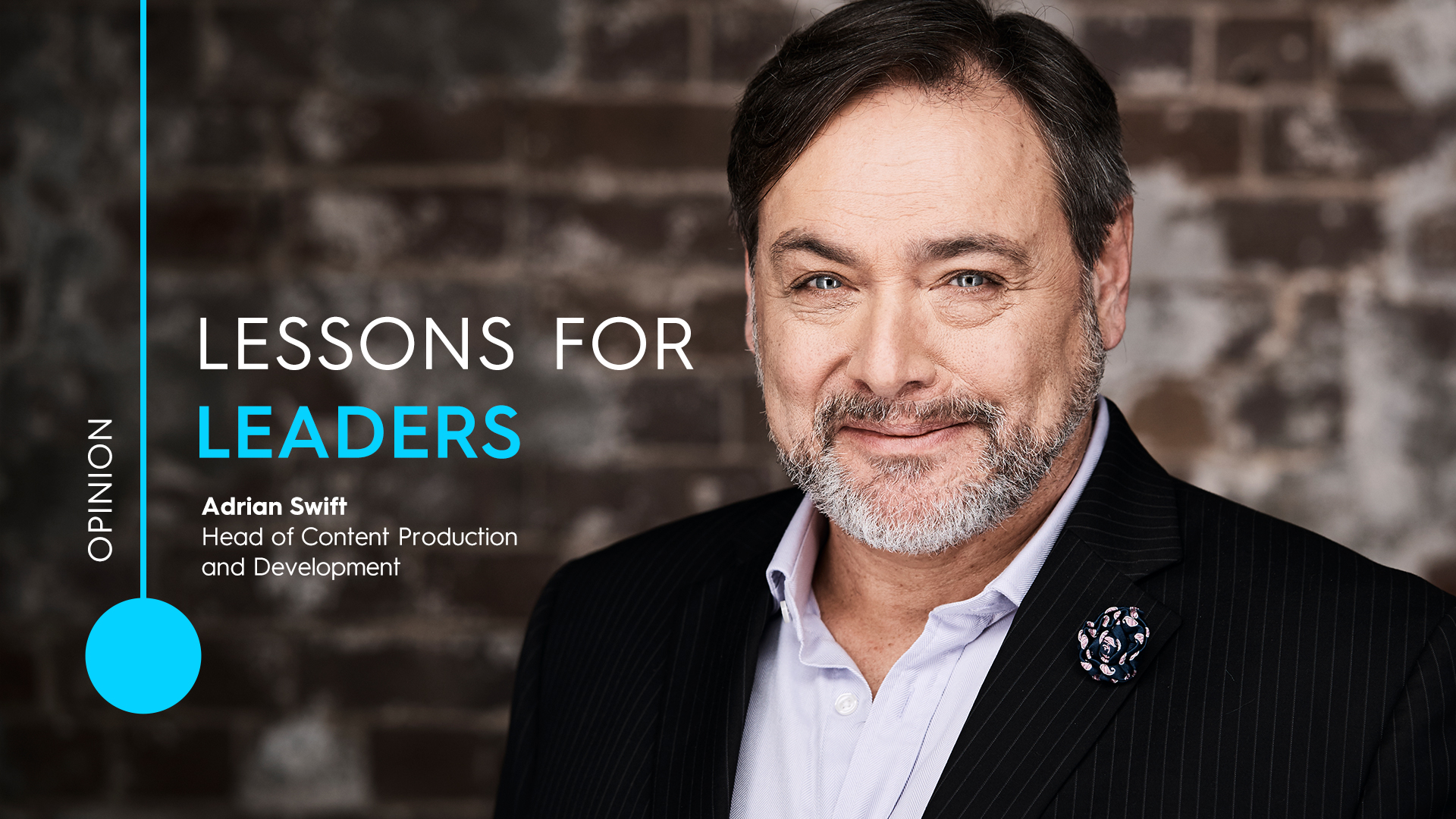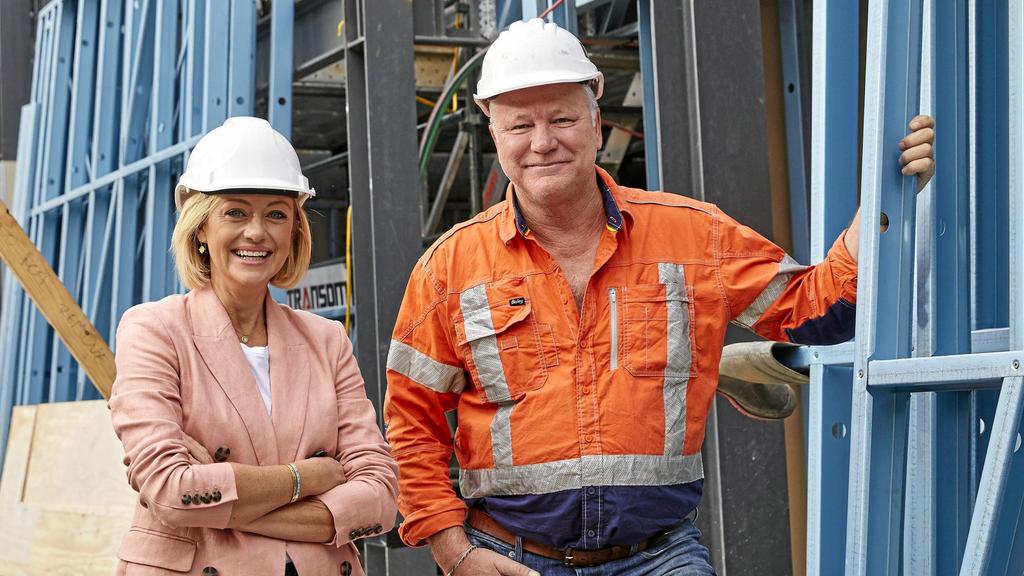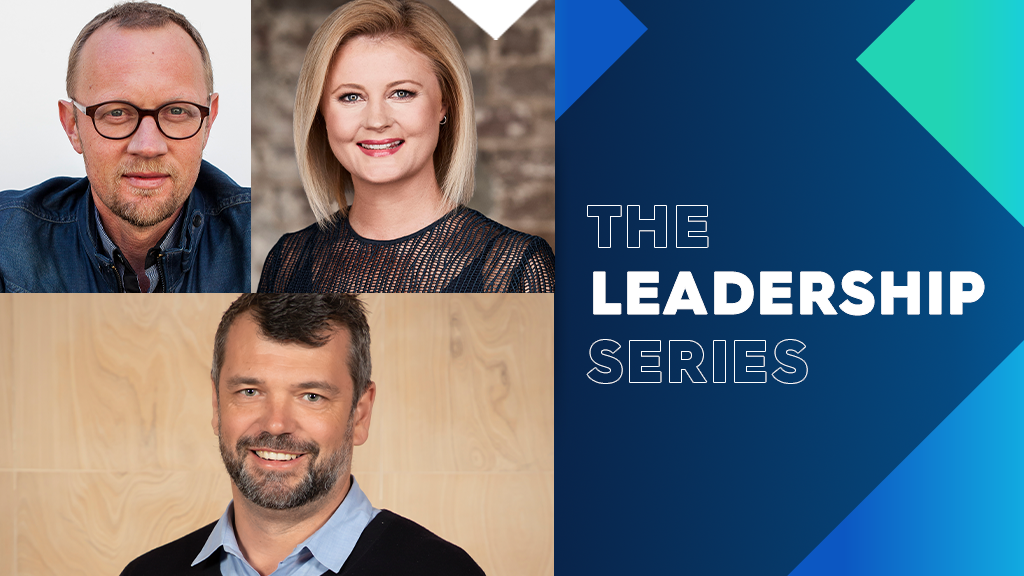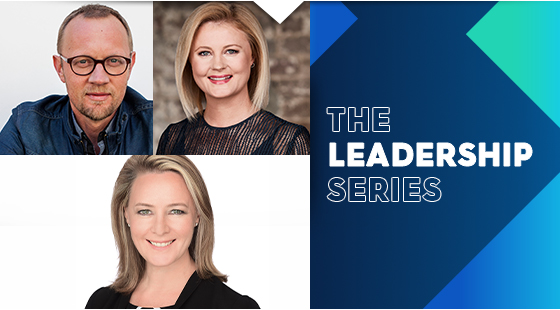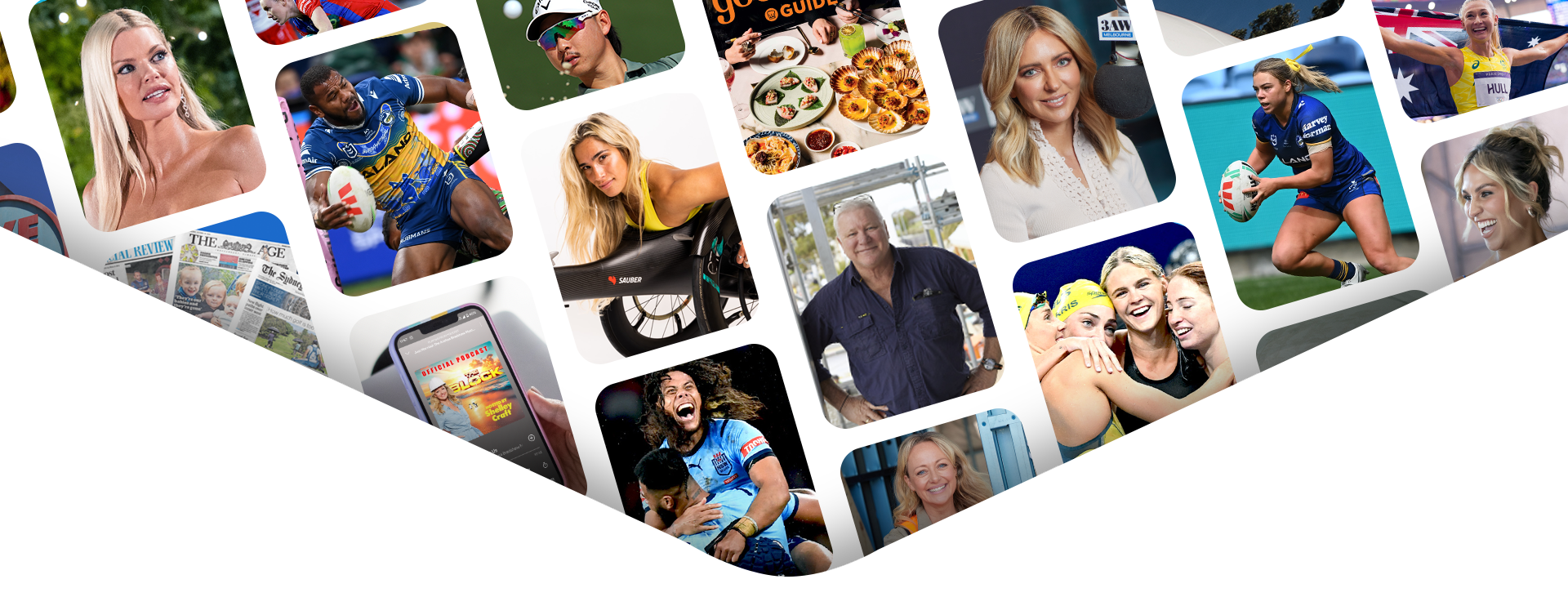The chief marketing officer for supermarket giant Coles says the marketing industry should have known better and not fallen into the trap of “needing to say something” on the coronavirus pandemic that sent a sea of sameness messaging washing over consumers.
Speaking on Reset Now, an initiative between the Australian Association of National Advertisers (AANA), Nine and Mi3 for marketers to share their experience and evolving strategies as they manage the COVID-19 crisis, plan for the recovery, and see how deep consumer mindsets and behaviour might shift, Lisa Ronson echoed the sentiments of Kia’s Dean Norbiato and the newly appointed Arnott’s CMO Jenni Dill.
“We should know our customers and we should know our place and our role,” says Ronson of marketers entering the “we’re here for you” COVID-19 messaging space.
“Whenever any of us overreach our place or our role in society as brands in any situation, regardless of whether it’s a dramatic event or a positive one, you’re always going to get into some pretty murky territory by overstepping the boundaries of what customers are expecting from you.
“That’s why it’s important that you understand the sentiment, you understand your role in society in customers’ lives, and don’t try and overplay that.”
For Coles and Ronson, the key was to be timely and relevant.
She said: “A lot of brands have come out just in the last two to three weeks inserting themselves into the conversation when they don’t really have a place in it. It kind of felt like, ‘well, I need to say something so I’ll say just whatever’s semi-relevant’. For brands that are thanking workers on the frontline that don’t have any workers on the frontline and things like that, it’s acceptable to a point. But I think consumers are starting to say, ‘Well, what was your role? How did you act?’
“It’s how you behave in times like this and how you respond and serve your community and therefore the country that’s more important than just coming out, making an ad, putting a nice track on it, and saying something that’s not significant coming from your brand.”
Ronson says “walking the talk and doing the right thing” were key for the Coles supermarkets, with their community initiatives part of the COVID-19 strategy.
“That’s why Coles came through from a brand point of view. We did Coles community hour. We did a lot of those great initiatives that were put in place for the right reasons. It was to allow all of the community to get access to things when we were at the height of panic buying.
“They had their place. Some of them are more enduring and some are finished. I really think that some brands are inserting themselves in the conversation when they probably shouldn’t.”
Ronson does, however, concede it has been an unprecedented time and no marketer, or anyone else, has seen anything like this before.
“I don’t think there were any ill intentions from any marketer that produced any piece of content, thanking frontline workers or anything like that. It was just the feeling, the need to be part of the community. I think that was more of the impetus rather than jumping on the bandwagon. The intentions were right, just the execution probably didn’t land very well.”
Coles expects some pandemic behaviours, especially consumers storing everyday essentials, to endure for at least the next 12 months, particularly if Australia is hit hard with a recession.
“What we’re seeing is people shopping less times per week, with bigger baskets. That’s partly because of social distancing. They’re not going to the store as often and they’re buying more. So depending on how much storage space you’ve got, most Australians would be keeping a bit more of some everyday essentials than they probably did pre-COVID because of the fear it may happen again,” Ronson says.
“Some behaviours will change and others will be enduring, at least for the next year or so, while it’s still quite raw in people’s minds.”
Ronson admits it is difficult to assess just what behaviours will change for good, with the impact to the economy a key point of influence.
“If we do go into some really tough economic conditions – remembering the GFC and the last recession in the early 1990s, for instance – we know that people do go out less and they tend to treat themselves at home more,” she says.
“Those types of behaviours remain to be seen, but I think that with people now used to being at home for an extended period of time, going out once a week or twice a week will be a lot more of a treat than maybe what it was before COVID.
“There are a lot of variables at play. It would be really hard to get the crystal ball and predict it, but my hypothesis as a marketer is definitely that behaviours will change, and they’ll be changed for an extended period of time.”


